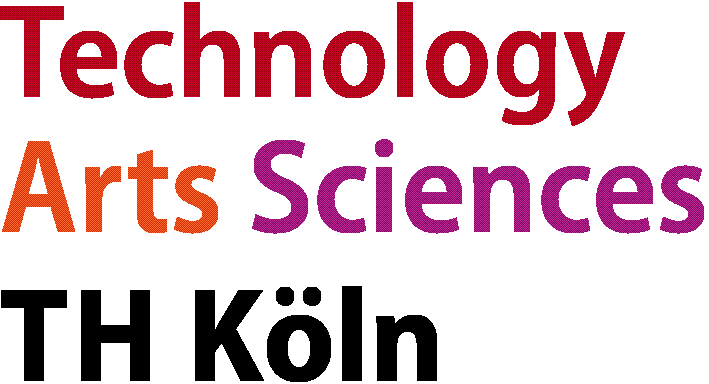
|
|
Qualification aims
For each of the modules of the Master's program, several case studies are available, allowing students to apply their acquired knowledge to practical, real-world problems within the framework of team projects, thereby deepening their understanding.
Students can
- apply theoretical knowledge to practical scenarios
- develop problem-solving skills
- foster collaborative learning
by
- engaging in group analyses of case studies
- understanding the technical or scientific problem
- identifying relevant previous work in the literature
- developing solution approaches
- evaluating the solution approaches
- selecting and implementing the best approach
- writing a report that describes the methods and the approach used
- presenting the work in a seminar
to
- enhance their analytical capabilites
- develop their abilities to solve a technical or scientific problem
- understand how concepts work in real-world contexts
- specialize in a sub-area of the Master’s programme
- be qualified for a professional career as automation engineer
Module Content
Case study categories:
- Infrastructure and Integration of Technical Systems (IITS)
- Modelling and Simulation of Technical Systems (MSTS)
- Optimization of Technical Systems (OTS)
- Industrial Communication and Information Security (ICIS)
- Smart Automation and Robotic (SAR)
- Data Science, Machine Learning and AI (DSML)
Case studies:
- 10 CP for each case study
- 3 case studies are necessary
- Case studies have to be processed in teams
- Each student has to select three case studies. Each case study has to be from a different category.
|
 |

|


![Deutsch version not yet available [ger]](http://www.master-ait.de/common/flag_ger_inactive.gif)
![Englisch [eng]](http://www.master-ait.de/common/flag_eng.gif) Englisch
Englisch